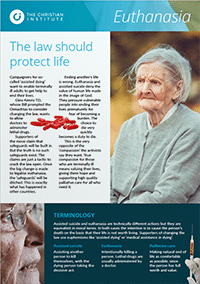A lifetime ban on blood donations from men who have ever had medically risky sex with other men could be overturned because of ‘equality’.
It is reported that the Government will soon announce changes to the rules to accept blood from such men, as long as they have not had sex with another man within the previous ten years.
The current lifelong ban is based on medical advice and is aimed at minimising the risk of HIV being transmitted into the national blood supply.
Risk
According to experts, changing the lifetime ban to a ten year deferral period would increase the risk of HIV entering the national blood supply.
Experts are believed to have told the Government that a five year deferral period would increase the risk by less than five per cent, and a ten year deferral period would increase the risk by about half that.
A Government source said: “A complete ban is unfair and discriminatory but we need to protect public health, so the ten-year rule is what is being considered.”
Viruses
There has recently been a rise in UK HIV infections, particularly among men who have sex with men.
Despite the present ban, it is thought that some seven per cent of actively homosexual men lie about their sexual behaviour and donate blood.
Donated blood is subjected to testing for blood-borne viruses, but the system cannot guarantee that a blood transfusion will not result in transmission of an infection.
Therefore, the National Blood Service currently bans high risk groups from donating blood. This includes men who have sex with men.
Announcement
The Government has been reviewing the rules about blood donations from actively homosexual men.
Media reports suggest that Anne Milton, the public health minister, will make an announcement about a ten-year deferral period within weeks.
She is said to have the backing of Health Secretary, Andrew Lansley, and Equalities Minister, Lynne Featherstone.
But charities and activists involved in the issue say they know nothing about an imminent announcement.
Doubled
In March figures from the Health Protection Agency (HPA) showed the number of new HIV diagnoses has nearly doubled over the past ten years.
In total 1,950 new HIV infections were diagnosed in 2001 and 3,780 in 2010. The number of new diagnoses among men who have sex with men increased by 70 per cent from 1,810 to 3,080.
There are approximately 30,800 actively homosexual men living with HIV in the UK and of these it is estimated that nearly 9,000 are unaware that they are infected.
Medical experts say that anal intercourse is, by its nature, one of the most risky forms of sexual activity. Sexual health specialists Dr John Dean and Dr David Delvin have warned that the practice carries a greater risk of spreading sexually transmitted infections than almost any other type of sexual activity.


